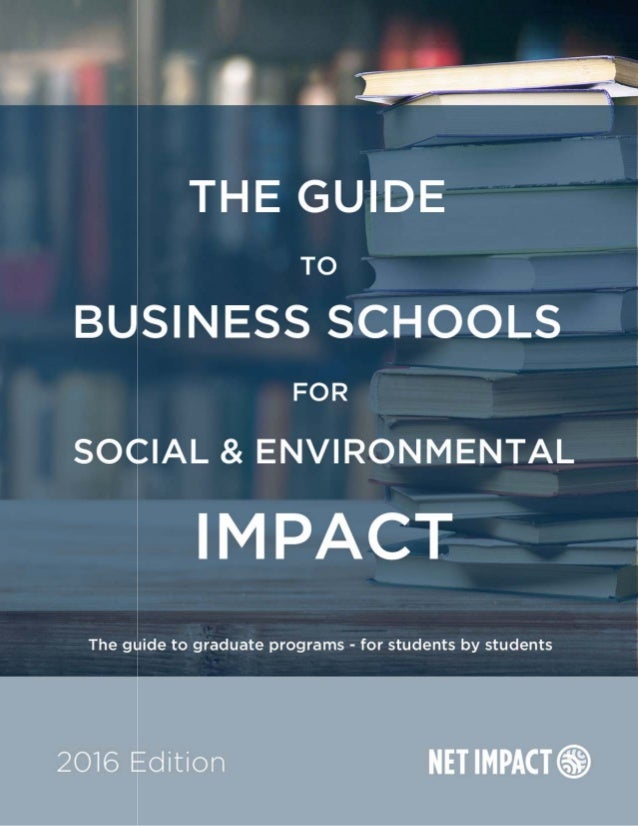The Guide to graduate environmental programs
Free download. Book file PDF easily for everyone and every device. You can download and read online The Guide to graduate environmental programs file PDF Book only if you are registered here. And also you can download or read online all Book PDF file that related with The Guide to graduate environmental programs book. Happy reading The Guide to graduate environmental programs Bookeveryone. Download file Free Book PDF The Guide to graduate environmental programs at Complete PDF Library. This Book have some digital formats such us :paperbook, ebook, kindle, epub, fb2 and another formats. Here is The CompletePDF Book Library. It's free to register here to get Book file PDF The Guide to graduate environmental programs Pocket Guide.
With this guide to graduate environmental programs SCA takes another step along the path of providing accurate and comprehensive career information to. Top 10 Graduate Programs For Environmental Sustainability as UNusual (BAU ) guide, it ranked 50 schools for environmental sustainability.
One of two undergraduate degrees offered by the environment and sustainability program, the bachelor of arts program has coursework that includes sustainability, policy and advocacy. The following courses fulfill some of the requirements for a bachelor of arts with a major in environmental studies:.
Our Office of Undergraduate Admissions provides the most current information on the application process so you can check the requirements based on your current status and find university scholarships.
- Ocean and Seabed Acoustics: A Theory of Wave Propagation?
- A new island biogeography of the sea of Cortés?
- Pragmatics and Law: Philosophical Perspectives?
- 50 Best Master of Environmental Science Programs!
Through special arrangement, the university offers dual degree programs in certain areas to permit a student to work on two degrees concurrently by combining credits, resulting in the student taking fewer courses than the total required if each degree were pursued independently. What to Expect As an environmental science major in the School of Earth, Ocean and the Environment , you will have the opportunity to place emphasis in a variety of areas including natural systems, water resources, weather and climate, energy or humans and the environment, you will learn how to conduct hypothesis-driven research and communicate your knowledge both orally and in writing.
Degree requirements
The following courses fulfill some of the requirements for a bachelor of science with a major in environmental science: Environmental Issues Seminar Ecology and Evolution and laboratory Surface and Near Surface Processes Weather and Climate Concepts of Environmental Health Science. Our core graduate courses provide an introduction to the wide breadth and deep expertise of research on the environment within our department and help students apply for funding opportunities early in their graduate program.
For more information about the online nature of a specific program, contact the program. Students and professionals in the field will notice the most significant changes in employment opportunities and resources in Raleigh, Durham, Chapel Hill, Wilmington, New Bern, and Jacksonville. The Florida Tech Environmental Club exists to better serve environmental awareness on campus, increase environmental friendliness and create a community of like-minded individuals who share ideas and engage the Florida Tech community through service, fundraising, and events. The Accreditation Board for Engineering and Technology ABET administers programmatic accreditation in several areas related to environmental science, including engineering, technology, applied science, and computer science. It sponsors an annual conference, offers a career center with job listings and publishes newsletters and research.
The PhD program is the main graduate program in ESPM for students entering with or without previous masters degrees, though we also offer limited numbers of MS degrees in our specialized Master of Range Management and Master of Forestry programs. The goal of the program is to provide both a strong disciplinary education and broadly based experience in cross-disciplinary communication and problem solving.
To achieve this, the program leading to the PhD in environmental science, policy, and management requires that students complete three core courses and take additional coursework in the following three areas: area of specialization, research skills, and experiential breadth.
The disciplinary emphasis is the broadest academic area encompassing the student's interests. A student pursuing a strongly interdisciplinary program may study more than one of these disciplines in depth. Specific coursework within each field will be chosen by the guiding committee in conjunction with the student and approved by the graduate mentor.

The area of specialization is a narrower field within the context of the disciplinary emphasis. Some examples of these areas are: microbial community ecology, ecosystem function, arthropod population and community ecology, biological control of arthropods, arthropod biodiversity science, American environmental history and policy, international forest management, biogeochemistry, Mediterranean grassland ecosystems, remote sensing, and forest management, to name a few.
If you have questions about which emphasis to choose, please ask your prospective mentor. It is not uncommon for students in ESPM to be co-mentored by two professors, often with different disciplinary emphases.
- Get a Master's in Environmental Science.
- Chemical Separation Technologies and Related Methods of Nuclear Waste Management: Applications, Problems, and Research Needs?
- Supercomputers and Their Performance in Computational Fluid Dynamics?
- Environmental Science MS!
- Iron-containing Enzymes Versatile Catalysts of Hydroxylation Reactions in Nature
- Omics technologies : tools for food science
- Decoding the Heavens: A 2,000-Year-Old Computer--and the Century-Long Search to Discover Its Secrets
- Worlds of Dissent: Charter 77, The Plastic People of the Universe, and Czech Culture under Communism
- Next-Generation Batteries and Fuel Cells for Commercial, Military, and Space Applications